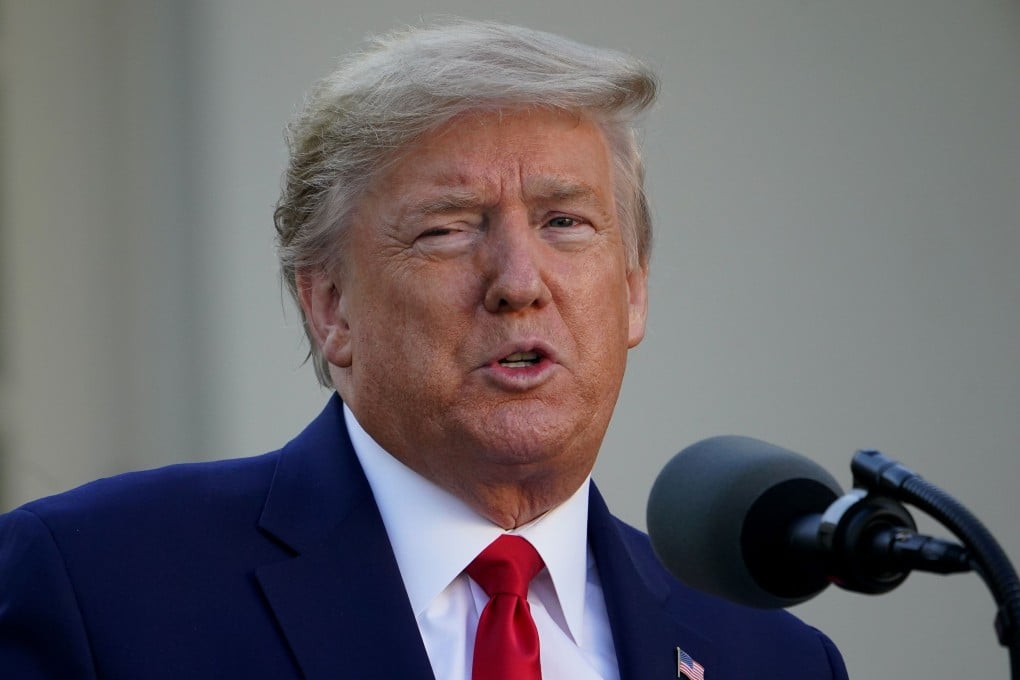Synthetic opioid vendors find a new line to sell: unproven coronavirus treatments
- Chinese vendors of fentanyl-related products have come under increased scrutiny by Beijing and online platforms
- But amid Donald Trump’s praise of chloroquine and remdesivir as possible treatments for coronavirus, sales of the malarial medicines have spiked

Once a flashpoint in US-China relations over their sale of synthetic opioids and their precursors, online drug vendors in China are pivoting to other white powdered substances: unproven treatments for Covid-19.
Chemical vendors on social media and e-commerce platforms are responding to a surging demand for antiviral medication like chloroquine and remdesivir – exploiting the wave of hope propelled by as-yet inconclusive trials and US President Donald Trump’s repeated promotions.
Both drugs – long-time treatments of malaria that are yet to be clinically proven in the US as safe and effective on Covid-19 patients – are already being hoarded around the world and used for self-medication, with sometimes harmful results.
In January, a vendor on Facebook advertising under the name Zhang Ellen peddled familiar fare: “good quality research chemicals” that included variants – or “analogues” – of fentanyl.
Some 50 times more potent than morphine, the drug has fuelled a synthetic opioids crisis in the US that in 2018 killed more than 30,000 people. After US-China trade talks included commitments by Beijing to crack down on its production in China, Trump administration officials now say the drug’s flow into the US has dramatically decreased.

Chinese vendors' ability to advertise publicly have also dwindled since tech companies, including social media platforms and e-commerce websites, improved their ability to trawl for fentanyl-related substances, said Logan Pauley, an analyst for Washington-based security research firm C4ADS who tracks the flow of synthetic opioids and other drugs into the US.